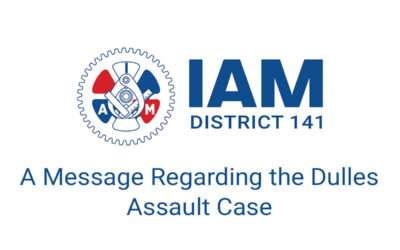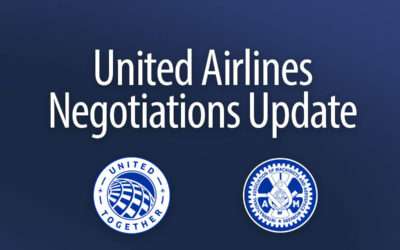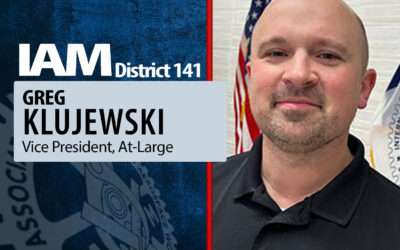Federal Judge Slaps Down JetBlue-Spirit Merger, Citing Competition Concerns
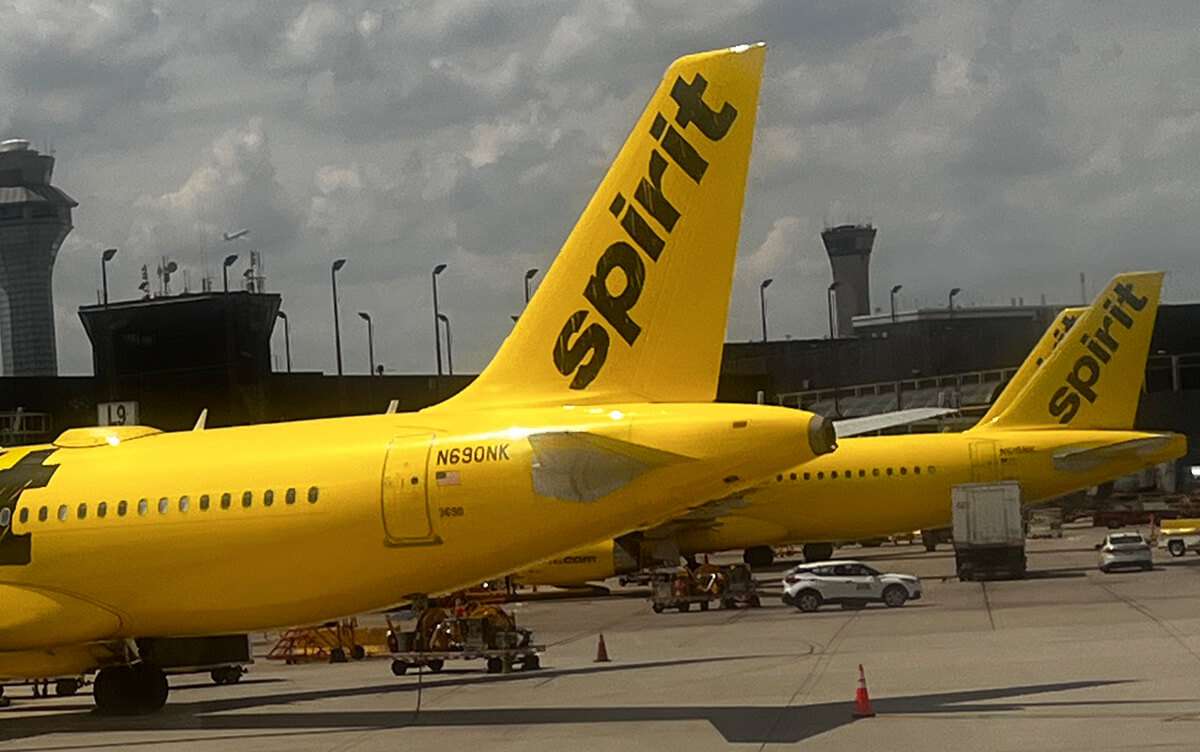
Federal Judge Slaps Down JetBlue-Spirit Merger, Citing Competition Concerns
U.S. District Judge William Young blocked the $3.8 billion attempt by Jetblue to purchase Spirit Airlines, citing monopolistic concerns. The decision is a victory for the Biden Administration, who had opposed the acquisition.
DALLAS — U.S. District Judge William Young ruled against JetBlue Airways’ proposed $3.8 billion acquisition of Spirit Airlines. The ruling, citing competition concerns, aligns with the Biden administration’s opposition to the merger. The ruling was handed down on Monday.
In March, the Justice Department filed a lawsuit to block the merger, arguing it would increase fares by eliminating Spirit. The DOJ also found airfares were likely to rise if Spirit, a low-cost airline, was removed as an option for air travelers. JetBlue is considering an appeal of today’s ruling. The airline stated the deal is necessary to better compete with larger U.S. airlines.
The Transport Workers Union International President John Samuelsen issued a statement on Tuesday in which he said the decision would end a “period of uncertainty,” at both airlines.
“Both work groups gain in the end,” said Samuelsen. “We won hard-fought economic and work-rule improvements for our JetBlue Inflight Crewmembers while protecting our Guest Service Agents’ contract at Spirit.”
The Transport Workers Union represents 7,000 JetBlue Inflight Crewmembers. On top of regularly scheduled contractual raises, TWU recently wrested from the bosses at JetBlue an additional 17% in pay raises. The TWU also represents Spirit Guest Service Agents at Fort Lauderdale International Airport.
“Robust airline competition makes it more affordable to fly,” The DOJ said in a release dated March 7, 2203. “Travelers depend on low-cost flight options to see the world, go home for the holidays, visit their family and friends, show up to help in an emergency, or travel at the last minute. The Justice Department found that the proposed merger violates the Clayton Act by eliminating the largest, most aggressive ultra-low-cost competitor, grounding Spirit’s most cost-conscious customers, and substantially reducing competition on a significant number of concentrated, overlapping routes that carry millions of passengers.”
“We continue to believe that our combination is the best opportunity to increase competition and choice by bringing low fares and great service to more customers in more markets,” JetBlue said in a response to the decision.
The ruling is a victory for the Biden administration, which has challenged consolidation in various industries, claiming it harms consumers and adds to rising prices. The Justice Department said the JetBlue-Spirit merger would particularly affect travelers dependent on Spirit’s fares.
Judge Young, overseeing the trial last year, stated in his decision that the merger “would substantially lessen competition” in violation of antitrust law.
Following the decision, shares of Spirit Airlines Inc. dropped, while JetBlue shares rose by 8%.
For JetBlue, this is the second major setback in federal court in the space of a year, following the termination of a partnership with American Airlines. Joanna Geraghty will soon replace Robin Hayes, who oversaw both blocked deals in his tenure as CEO.
The decision may allow Frontier Airlines to attempt to buy Spirit again. The two airlines initially announced a deal in 2022, but JetBlue’s higher offer secured the bid for Spirit.
Judge Young’s decision read, in part, “The Court rules that the proposed acquisition violates Section 7 of the Clayton Act. Spirit is a small airline. But there are those who love it. To those dedicated customers of Spirit, this one’s for you. Why? Because the Clayton Act, a 109-year-old statute requires this result –- a statute that continues to deliver for the American people.”
“Summing it up, if JetBlue were permitted to gobble up Spirit -– at least as proposed — it would eliminate one of the airline industry’s few primary competitors that provides unique innovation and price discipline. It would further consolidate an oligopoly by immediately doubling JetBlue’s stakeholder size in the industry. Worse yet, the merger would likely incentivize JetBlue further to abandon its roots as a maverick, low-cost carrier.”
The ruling concluded a 17-day trial featuring Young’s testimony from 22 witnesses, hundreds of exhibits, and extensive evidence submissions.
Related News
An Important Message Regarding the Dulles Assault Case
I am writing to provide an important update regarding the case of Christopher Crittenden, a former Montgomery County Fire & Rescue Service captain, who assaulted United Airlines Passenger Service Employee (PSE) Jerry Mauricio at Dulles (IAD) airport on March 13th...
United Airlines Negotiations Update for September 16, 2025
Our negotiating team and United Airlines management continued discussions for our seven collective bargaining agreements this past week in Chicago. We were joined by subcommittees for the Central Load Planners (CLP), who actively worked on their specific...
Greg Klujewski Appointed IAM District 141 Vice President At-Large
Greg Klujewski Appointed IAM District 141 Vice President At-LargeIAM141.org3 September 2025Union Leader and Educator empowering the next generation of Machinists Greg Klujewski, a longtime union activist from Local Lodge 1487, has been appointed Vice...
Stay up to date with all the latest news and information from the District 141 of the Machinists Union

Federal Judge Slaps Down JetBlue-Spirit Merger, Citing Competition Concerns
16 January 2024
U.S. District Judge William Young blocked the $3.8 billion attempt by Jetblue to purchase Spirit Airlines, citing monopolistic concerns. The decision is a victory for the Biden Administration, who had opposed the acquisition.
DALLAS — U.S. District Judge William Young ruled against JetBlue Airways’ proposed $3.8 billion acquisition of Spirit Airlines. The ruling, citing competition concerns, aligns with the Biden administration’s opposition to the merger. The ruling was handed down on Monday.
In March, the Justice Department filed a lawsuit to block the merger, arguing it would increase fares by eliminating Spirit. The DOJ also found airfares were likely to rise if Spirit, a low-cost airline, was removed as an option for air travelers. JetBlue is considering an appeal of today’s ruling. The airline stated the deal is necessary to better compete with larger U.S. airlines.
The Transport Workers Union International President John Samuelsen issued a statement on Tuesday in which he said the decision would end a “period of uncertainty,” at both airlines.
“Both work groups gain in the end,” said Samuelsen. “We won hard-fought economic and work-rule improvements for our JetBlue Inflight Crewmembers while protecting our Guest Service Agents’ contract at Spirit.”
The Transport Workers Union represents 7,000 JetBlue Inflight Crewmembers. On top of regularly scheduled contractual raises, TWU recently wrested from the bosses at JetBlue an additional 17% in pay raises. The TWU also represents Spirit Guest Service Agents at Fort Lauderdale International Airport.
“Robust airline competition makes it more affordable to fly,” The DOJ said in a release dated March 7, 2203. “Travelers depend on low-cost flight options to see the world, go home for the holidays, visit their family and friends, show up to help in an emergency, or travel at the last minute. The Justice Department found that the proposed merger violates the Clayton Act by eliminating the largest, most aggressive ultra-low-cost competitor, grounding Spirit’s most cost-conscious customers, and substantially reducing competition on a significant number of concentrated, overlapping routes that carry millions of passengers.”
“We continue to believe that our combination is the best opportunity to increase competition and choice by bringing low fares and great service to more customers in more markets,” JetBlue said in a response to the decision.
The ruling is a victory for the Biden administration, which has challenged consolidation in various industries, claiming it harms consumers and adds to rising prices. The Justice Department said the JetBlue-Spirit merger would particularly affect travelers dependent on Spirit’s fares.
Judge Young, overseeing the trial last year, stated in his decision that the merger “would substantially lessen competition” in violation of antitrust law.
Following the decision, shares of Spirit Airlines Inc. dropped, while JetBlue shares rose by 8%.
For JetBlue, this is the second major setback in federal court in the space of a year, following the termination of a partnership with American Airlines. Joanna Geraghty will soon replace Robin Hayes, who oversaw both blocked deals in his tenure as CEO.
The decision may allow Frontier Airlines to attempt to buy Spirit again. The two airlines initially announced a deal in 2022, but JetBlue’s higher offer secured the bid for Spirit.
Judge Young’s decision read, in part, “The Court rules that the proposed acquisition violates Section 7 of the Clayton Act. Spirit is a small airline. But there are those who love it. To those dedicated customers of Spirit, this one’s for you. Why? Because the Clayton Act, a 109-year-old statute requires this result –- a statute that continues to deliver for the American people.”
“Summing it up, if JetBlue were permitted to gobble up Spirit -– at least as proposed — it would eliminate one of the airline industry’s few primary competitors that provides unique innovation and price discipline. It would further consolidate an oligopoly by immediately doubling JetBlue’s stakeholder size in the industry. Worse yet, the merger would likely incentivize JetBlue further to abandon its roots as a maverick, low-cost carrier.”
The ruling concluded a 17-day trial featuring Young’s testimony from 22 witnesses, hundreds of exhibits, and extensive evidence submissions.
Related
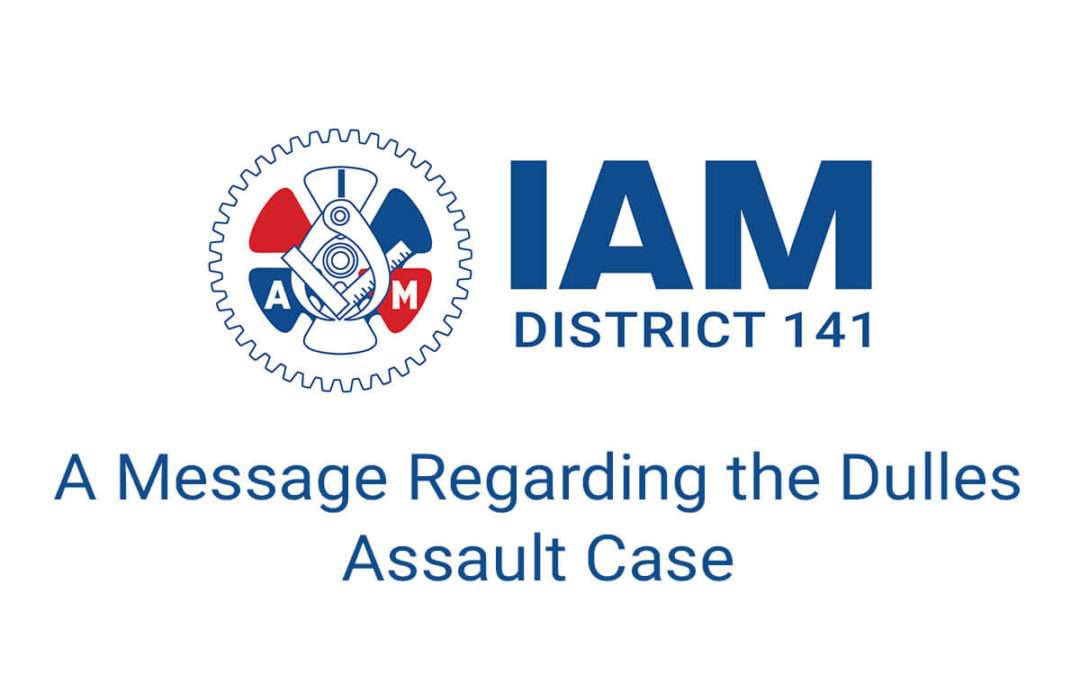
An Important Message Regarding the Dulles Assault Case
I am writing to provide an important update regarding the case of Christopher Crittenden, a former Montgomery County Fire & Rescue Service captain, who assaulted United Airlines Passenger Service Employee (PSE) Jerry Mauricio at Dulles (IAD) airport on March 13th...
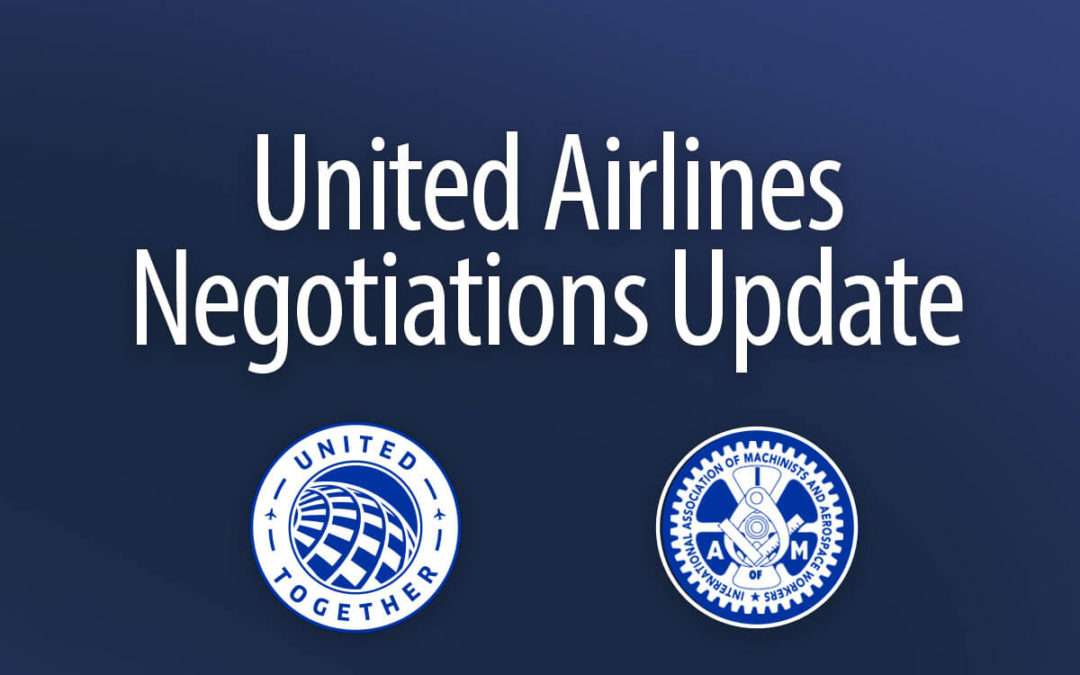
United Airlines Negotiations Update for September 16, 2025
Our negotiating team and United Airlines management continued discussions for our seven collective bargaining agreements this past week in Chicago. We were joined by subcommittees for the Central Load Planners (CLP), who actively worked on their specific...
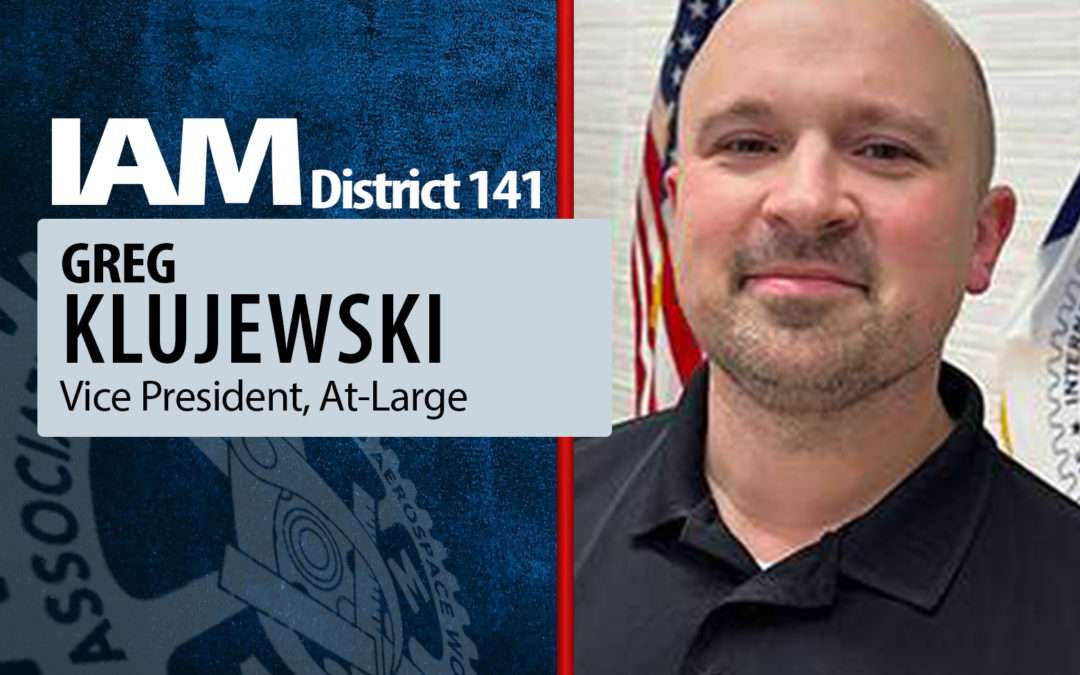
Greg Klujewski Appointed IAM District 141 Vice President At-Large
Greg Klujewski Appointed IAM District 141 Vice President At-LargeIAM141.org3 September 2025Union Leader and Educator empowering the next generation of Machinists Greg Klujewski, a longtime union activist from Local Lodge 1487, has been appointed Vice...


